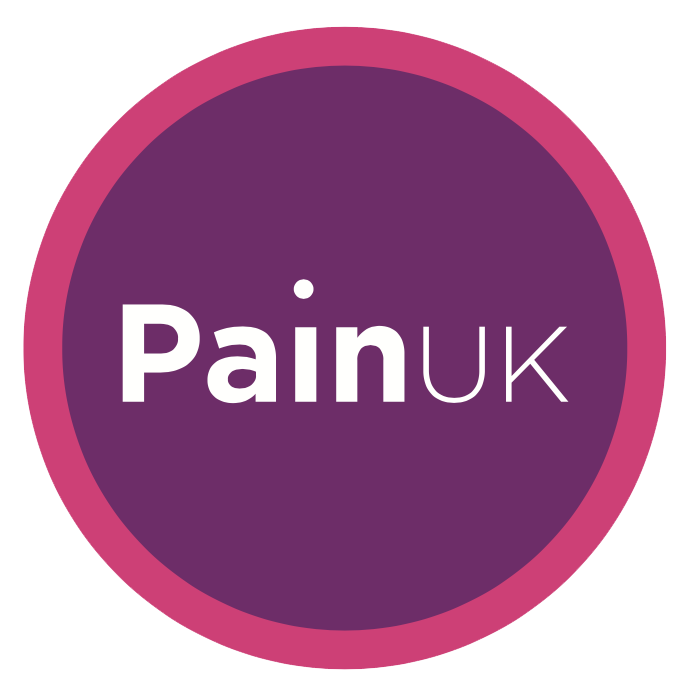It is estimated that 38% of adults in the UK are living with pain1. Whether it is arthritis, fibromyalgia, Lyme Disease, or one of the many other conditions that can cause it, living with pain is a massive issue around the world. Ongoing pain can be debilitating and massively affect the quality of life and day-to-day living, even with the normal support that is available. When the coronavirus pandemic struck, life suddenly became even more challenging for many people living with pain.
For people who are living with pain, support can come in three main forms:
- Clinical – though medication and hospital treatment.
- Psychological – mental health issues such as low mood and anxiety are very common in those living with pain.
- Physical – support with the physical day-to-day tasks that are required to live as ‘normal’ a life as possible.
Pandemics can impact the level of support that can be provided in all of these areas and quite often some of this support then falls to the friends and family of the person who is living with pain.
There is an array of ways that you can help to support someone who is living with pain through times such as the COVID-19 pandemic.
Clinical Support
The pandemic has put extra strain on medical support, meaning that appointments have been cancelled or moved to telephone appointments, it has been more difficult to see GPs, and pharmacists have been busier than during normal times. This has made life more difficult for people with chronic pain to get diagnosed and medical help as well as their medication.
You can help to support them by advocating for them if need be, looking into medication delivery services, investigating getting more of their medication to ensure that there are no delays and fewer visits to the pharmacist needed.
Psychological Support
According to Helping Hands, a condition such as arthritis is more than just pain. It “can have a tremendous effect on the person living with it; it can affect you both physically and emotionally, and can often cause a loss in confidence.”
Ensuring that all of your friends’ and family members’ mental health is looked after is essential during a pandemic, but even more important for those who are living with pain. The consequences of a pandemic can be very stressful – as can living with pain, so combining the two can be a huge strain.
People living with pain can be good at smiling through it and pretending that they are ok. It can be easy to misjudge how they are feeling without asking them, so don’t assume that they are feeling ok.
One of the most important things that friends and family can do to support their loved one is to listen to what they say to you, treat them normally, but be understanding if they have to cancel an online meet-up or other commitment at short notice.
The pandemic has meant that much of the psychological support networks and strategies that they have will be depleted. This could be anything from professional psychological support to doing activities such as meeting others in support groups, taking gentle exercise, or going to an art class. As a friend or family member, who, potentially is their only social contact during the pandemic, it can be useful for you to help to facilitate these sorts of activities, or something similar between you.
Physical Support
Living with pain can mean that some everyday tasks are impossible to carry out. It might mean that there are people or a person who can help with tasks such as housework or cooking, for example. The pandemic has meant that everybody is more cautious about going into each other’s homes, meaning that sometimes this physical support is also not there.
As a friend or loved one, you can help to support them but offering to help with physical tasks (it is often better to offer to do something specific rather than ask what you can do to help – “I’ve made some soup, would you like some?” or “Would you like me to do the shopping for you?” for example).
Life with pain is difficult, but it can be made a lot worse with the consequences of a pandemic to deal with. In addition to trying to deal with the pain, it can also mean higher levels of anxiety and low mood, loneliness, and living without the clinical benefits of doing gentle exercise. There is research to show that this can also create worse physical pain in a process known as ‘pain catastrophising’. Although, the term catastrophising can have a detrimental effect on those living with conditions and pain, suggesting those living with pain as ‘exaggerating’ their symptoms.
By being able to help to support your friend or loved one with these three aspects of their care, you can help to make life easier for them in a holistic way.
About Charlotte Murphy
Charlotte Murphy is a freelance writer focused on the health and social care sector, specifically on pain conditions. When she isn’t writing, you’ll find Charlotte volunteering at her local hospice and allotments or walking her spaniel Ringo.
This piece was written by Charlotte Murphy and edited by Pain UK. Pain UK welcomes blogs from anyone living with pain but reserves the right to edit and/or publish content. Please feel free to get in touch with us if you are interested in working with Pain UK.
Email: info@painuk.org
